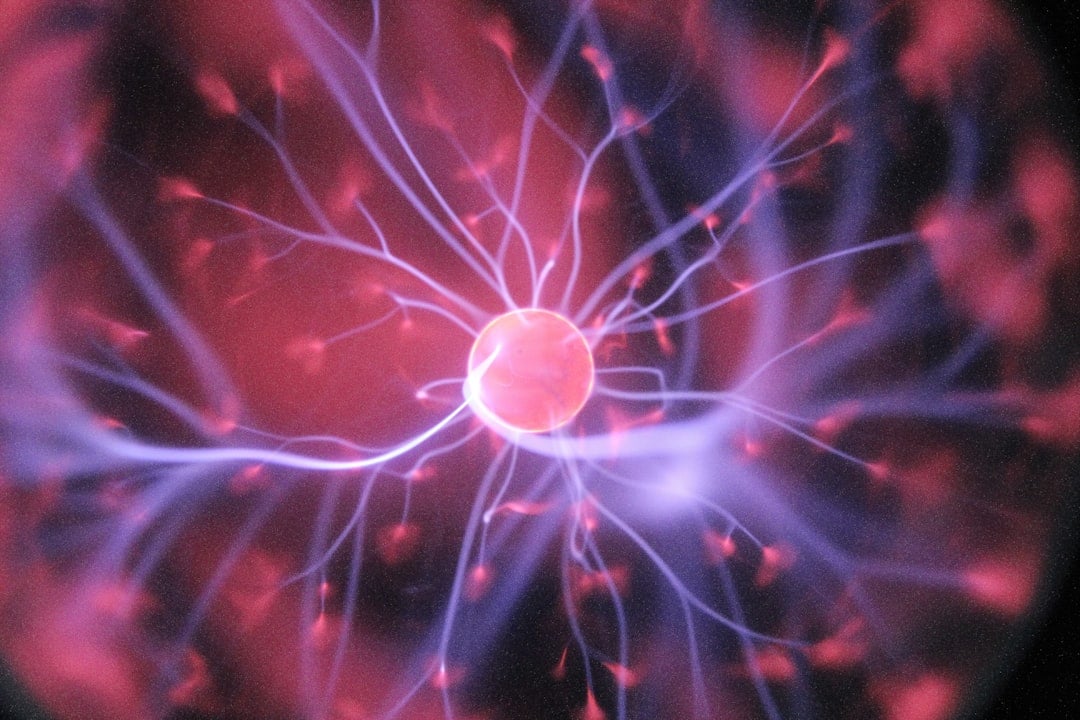Children and adults living with Attention Deficit Disorder (ADD) or Attention-Deficit Hyperactivity Disorder (ADHD) will encounter challenges as they navigate school, work, and social life. Classified as a Neurodevelopmental disorder, persons with ADD/ADHD may have more difficulty controlling movements, reduced attention span, impaired motivation, and planning, as we as a hard time making appropriate judgments (knowing right from wrong).
The team at Hope Brain & Body Recovery Center specializes in the diagnosis and treatment of a range of neurological and neurodevelopmental conditions. Our team of trained professionals utilizes state-of-the-art machinery to help you achieve maximum treatment effectiveness.
Our goal in working with individuals with these disorders is to identify which sensory and neurological networks are functioning inefficiently, then provide the appropriate sensory and cognitive exercises to bridge their deficiencies in processing, control, timing, coordination, and cognition.
How ADHD Affects Your Life
Estimated to affect between 3%-6% of the adult population, processing sensory information is an issue for individuals with ADHD. This is mainly because portions of the brain fail to make complete connections when presented with a task that requires their attention. The resulting behaviors can include inappropriate levels of inattention, hyperactivity, impulsive behavior, oppositional behavior, disruptive behavior, and even aggression.
Impaired Attention Span
If you have ADHD, you will have trouble remaining focused for extended periods of time. This can be inconvenient and potentially problematic for a variety of situations in life. A significantly decreased attention span can affect your ability to learn and retain new information.
An impaired attention span also severely affects your ability to remain productive. This can apply to school, work, or the health of relationships. You may find yourself starting multiple projects but unable to complete them, or distracted during important meetings and missing key information. People with symptoms of inattention may:
- Have trouble listening when people speak
- Be easily distracted and have trouble staying on task
- Be forgetful
- Avoid schoolwork, work projects, or anything time-consuming.
- Overconcentrate on television or computer games because they are stimulating
This can be incredibly frustrating as those with ADHD want to succeed and strive to accomplish things, but their brain simply won’t allow them to focus. Getting ADD/ADHD treatment can improve your attention span, allowing you to focus for longer periods of time and reducing the instances of losing focus.
Hyperactivity
This symptom can be characterized as the need for movement. Hyperactivity is very challenging to manage on your own and can be very disruptive to your workflow, and to those around you.
For those with ADHD, sitting still for extended periods of time can be difficult and can actually get more challenging as time goes on. Hyperactivity has a compounding effect, the more you try to fight the urge to move by sitting still, it will be increasingly difficult to remain focused. It can escalate to the point where you may be physically compelled to get up and move around. Unfortunately, your inability to sit still can be misconstrued as being disinterested or disrespectful in professional and social settings.
Occupations that don’t require extended periods of focus are very rare. This makes treating ADHD and hyperactivity crucial for the success of your career and so many other areas of life.
Impulsive Behavior
Individuals with ADD or ADHD may have trouble thinking and weighing outcomes before acting on decisions. Essentially, a thought pops into your head and is immediately acted on, with little to no regard for the outcome. If this behavior isn’t addressed as a child, it is very likely to continue into adulthood. Symptoms of impulsivity often include:
- Being impatient or unable to wait their turn
- Blurt out answers or interrupt others
- Intruding into others conversations or games
- Reckless or possibly dangerous activities without thoughts of the consequences
- Prone to temper outbursts
For obvious reasons, this type of behavior will seriously impact work performance and social relationships.
Oppositional Behavior
ADHD will likely get you into trouble if it remains untreated. The result can lead to what is called oppositional behavior; wherein people will attempt to deny or refuse to accept responsibility for outcomes. It’s important to remember that they’re not intentionally lying or hiding from the truth, instead, it is a coping mechanism to avoid the constant backlash they receive from ADHD outbursts and distractedness.
With that said, there is another condition that often tends to co-occur with ADHD and that is Oppositional defiant disorder (ODD). This refers to a pattern of defiant, disobedient, and possibly hostile behavior toward figures of authority. To be diagnosed with ODD you must have at least four of the following symptoms:
- Short fuse / bad temper
- Frequently argues with adults/superiors
- Refuses to comply with requests or rules
- Intentionally annoys people
- Blames others for mistakes/ misbehavior
- Highly irritable
- Angry and resentful
- Spiteful or vindictive
This type of behavior can seriously affect a child’s ability to form relationships, leading to social isolation, and poor academic performance. This type of behavior will only become more problematic as you age and will be less tolerated as you enter adolescence and adulthood.
Importance of Treating Neurodevelopmental Disorders
Neurodevelopmental disorders such as ADD and ADHD can dramatically impact the trajectory of a child’s development and personal growth. The behavioral elements of these conditions tend to affect the entire family, and children risk being misunderstood, risk personal underachievement, often underperform academically, and more. Untreated ADHD absolutely persists into adulthood and you won’t be met with the same patience you were as a child.
With that said, health experts know that the brain can improve, change, and evolve throughout a person’s lifetime. This is known as neuroplasticity, and it can be utilized to improve a child’s focus, attention, and behavior; leading to a significant reduction in problematic symptoms.
ADD & ADHD, Non-Medicated Treatment at Hope Brain & Body Recovery Center
Treating ADD and ADHD happens in the brain. The goal is to rewire and strengthen healthy neural pathways that promote increased attention span, encourage more careful and deliberate decision-making, and regulate impulsive thoughts.
Neurofeedback therapy is one of the ways the team at Hope Brain Center helps our patients achieve this desired goal. This apparatus shows a patient’s brainwaves on a screen, observing them in real-time. Using this technique, specialists can create programs that encourage and reinforce positive behaviors.
Click Here To Learn More About Neurofeedback Therapy
ADHD Therapy Available In Chadds Ford, PA
If you or a loved one are exhibiting the signs of or suffering from the symptoms of ADHD, reach out to the specialists at Hope Brain & Body Recovery Center to learn more about our ADHD treatment programs. Receiving treatment at an early age will offer the best results and give you a better foundation on which to build your future.
Call our office to speak with a member of our team or schedule a consultation online today!





